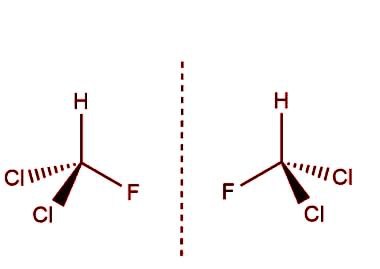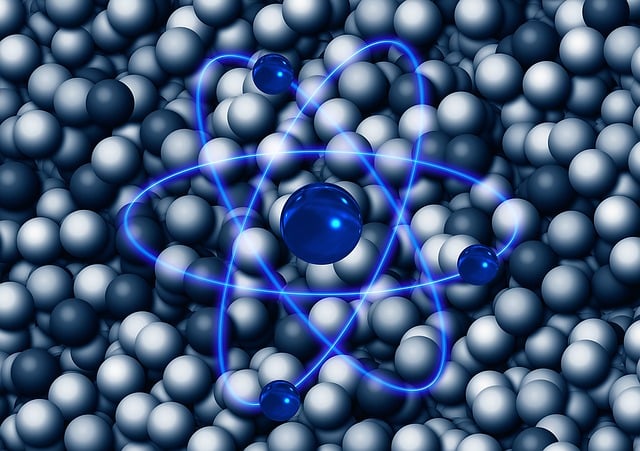Batteries and Supercapacitors: How They Work
Batteries:
Batteries are devices that store chemical energy and convert it into electrical energy. They are commonly used in portable electronic devices, such as smartphones, laptops, and digital cameras, as well as in larger applications, such as electric cars and backup power systems.
⇒ Electrodes: Batteries consist of two electrodes, a positive electrode (cathode) and a negative electrode (anode), which are made of different materials.
⇒ Electrolyte: The two electrodes are separated by an electrolyte, which is a substance that conducts ions between the two electrodes.
⇒ Chemical Reactions: When the battery is connected to a device, a chemical reaction occurs at the electrodes, causing electrons to flow from the anode to the cathode through an external circuit, generating electrical energy.
⇒ Recharging: When a battery is recharged, the flow of electrons is reversed, and the chemical reaction is reversed, causing the battery to store energy again.
Supercapacitors:
Supercapacitors, also known as ultracapacitors, are energy storage devices that store electrical energy in an electric field, rather than in a chemical reaction, as in batteries. They are used in a variety of applications, such as regenerative braking systems in electric vehicles, renewable energy systems, and backup power systems.
⇒ Electrodes: Supercapacitors also consist of two electrodes, a positive electrode and a negative electrode, which are made of highly porous materials.
⇒ Electrolyte: The two electrodes are separated by an electrolyte, which is typically a liquid or gel containing charged ions.
⇒ Double Layer Capacitance: When a voltage is applied to the electrodes, charged ions are attracted to the surface of the electrodes, creating a double layer capacitance, which stores electrical energy.
⇒ Pseudocapacitance: Some supercapacitors also use a process called pseudocapacitance, which involves reversible surface redox reactions to store additional electrical energy.
⇒ Rapid Charging and Discharging: Supercapacitors can be charged and discharged much faster than batteries, making them ideal for applications that require high power density.
In conclusion, batteries and supercapacitors are both energy storage devices, but they operate in different ways. Batteries store energy through a chemical reaction, while supercapacitors store energy in an electric field. Both devices have their own unique characteristics and applications.
Frequently Asked Questions – FAQs on batteries and supercapacitors
⇒ What are batteries?
Batteries are devices that store chemical energy and convert it into electrical energy. They are commonly used in portable electronic devices, such as smartphones, laptops, and digital cameras.
⇒ How do batteries work?
Batteries consist of two electrodes, a positive electrode (cathode) and a negative electrode (anode), which are separated by an electrolyte. When the battery is connected to a device, a chemical reaction occurs at the electrodes, causing electrons to flow from the anode to the cathode through an external circuit, generating electrical energy.
⇒ What are the types of batteries?
There are several types of batteries, including alkaline batteries, lead-acid batteries, lithium-ion batteries, and nickel-metal hydride batteries.
⇒ How are batteries recharged?
When a battery is recharged, the flow of electrons is reversed, and the chemical reaction is reversed, causing the battery to store energy again. This is typically done using an external power source, such as a charger.
⇒ What are supercapacitors?
Supercapacitors, also known as ultracapacitors, are energy storage devices that store electrical energy in an electric field, rather than in a chemical reaction, as in batteries.
⇒ How do supercapacitors work?
Supercapacitors consist of two electrodes, a positive electrode and a negative electrode, which are separated by an electrolyte. When a voltage is applied to the electrodes, charged ions are attracted to the surface of the electrodes, creating a double layer capacitance, which stores electrical energy.
⇒ What are the advantages of supercapacitors over batteries?
Supercapacitors can be charged and discharged much faster than batteries, making them ideal for applications that require high power density. They also have a longer lifespan than batteries and are more environmentally friendly.
⇒ What are the disadvantages of supercapacitors?
Supercapacitors have a lower energy density than batteries, which means they cannot store as much energy. They also have a higher self-discharge rate than batteries, which means they lose their charge over time.
⇒ What are the applications of batteries and supercapacitors?
Batteries and supercapacitors are used in a variety of applications, such as portable electronic devices, electric cars, renewable energy systems, and backup power systems.
⇒ What is the future of batteries and supercapacitors?
Researchers are working to develop new materials and technologies to improve the energy density and performance of batteries and supercapacitors, with the goal of making them more efficient and cost-effective.
Let me know if you have more questions or if there is a specific topic that you would like to know more about.





If you have any doubts, please let me know